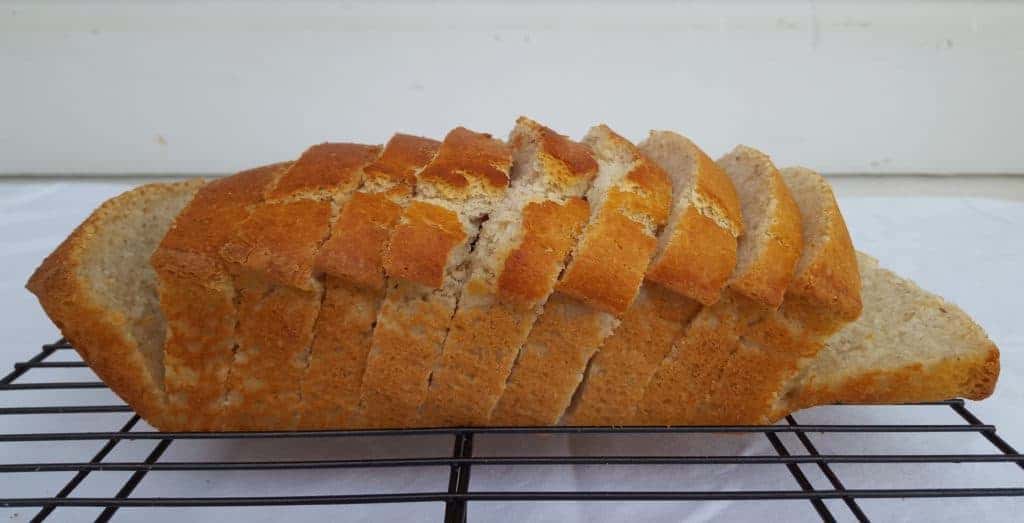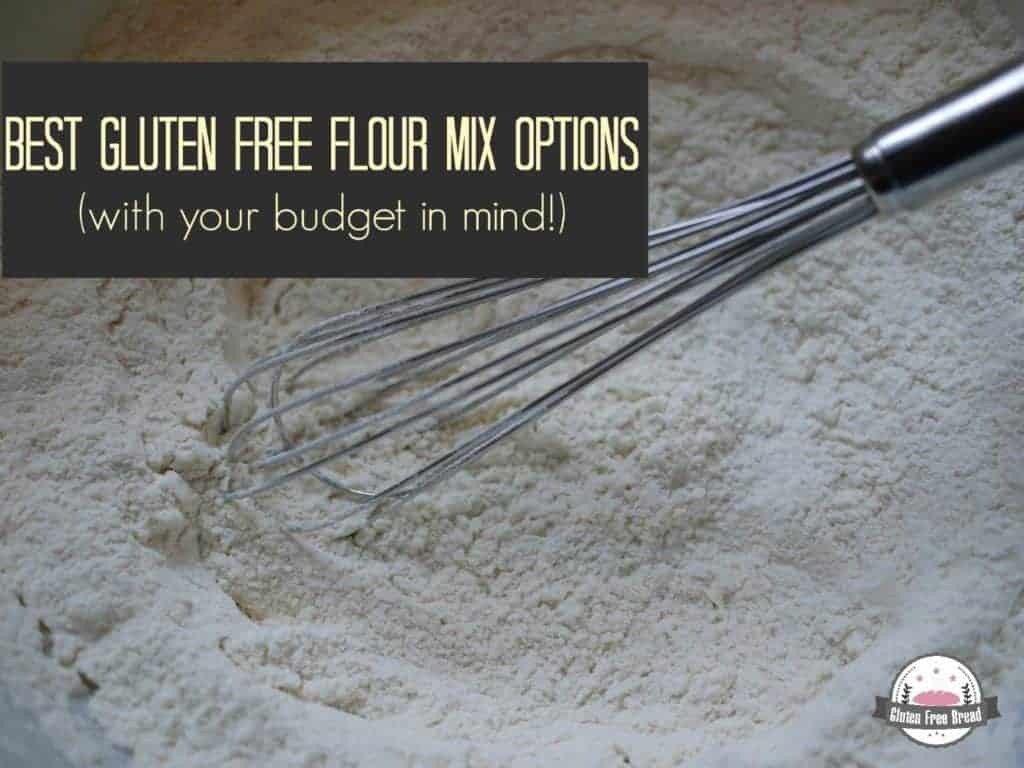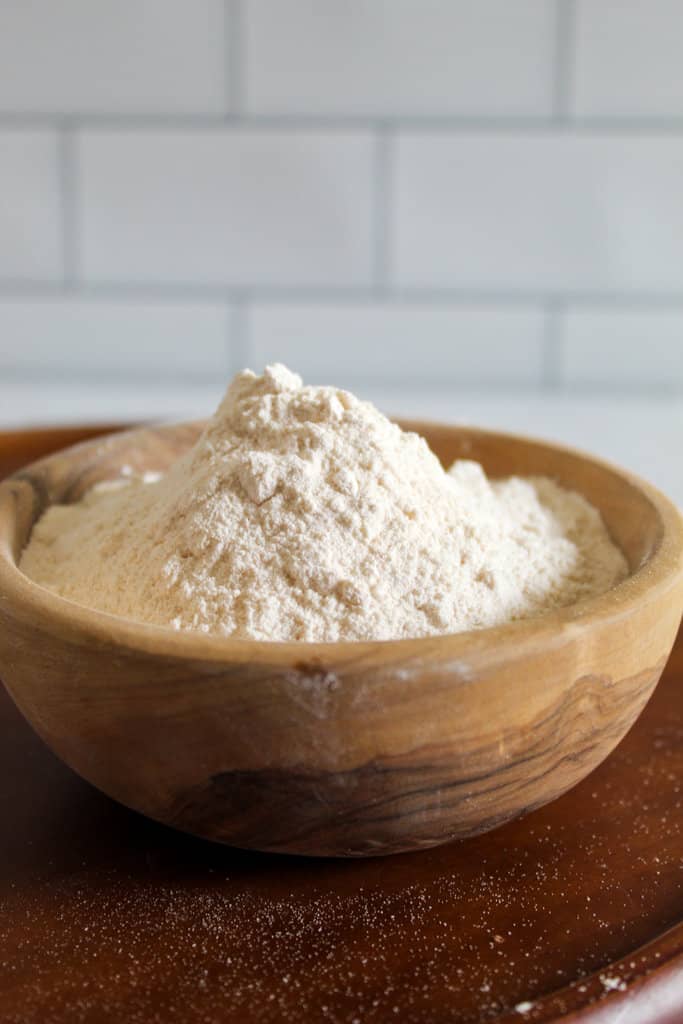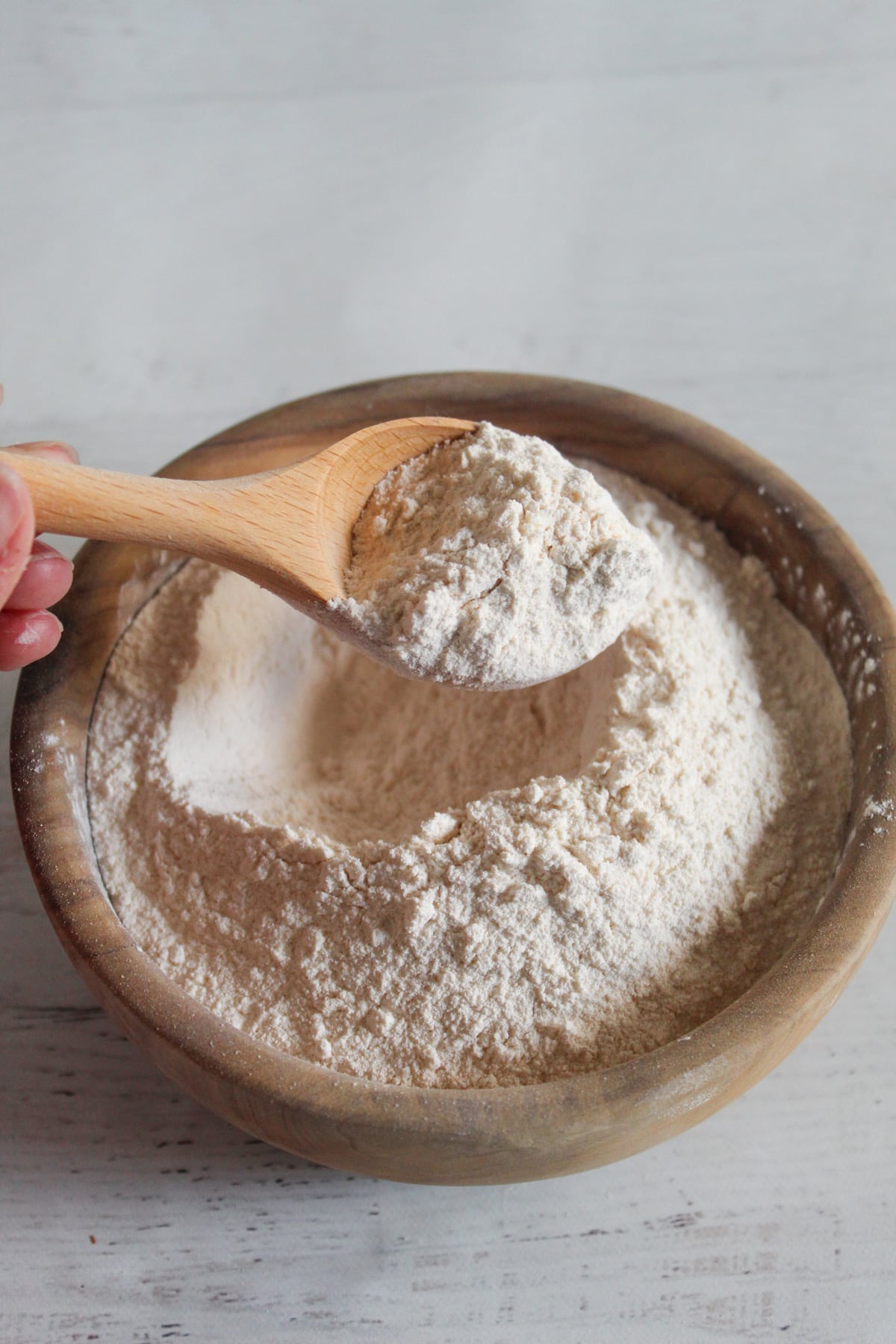12 Best Corn Flour Substitutes and How to Use Them
In this post, we’re going to talk about corn flour and the 10 best corn flour substitutes you can use when you don’t have any on hand. While we have some great options, some are better for breading and frying than baking, so check out which corn flour alternative is best for what you need.
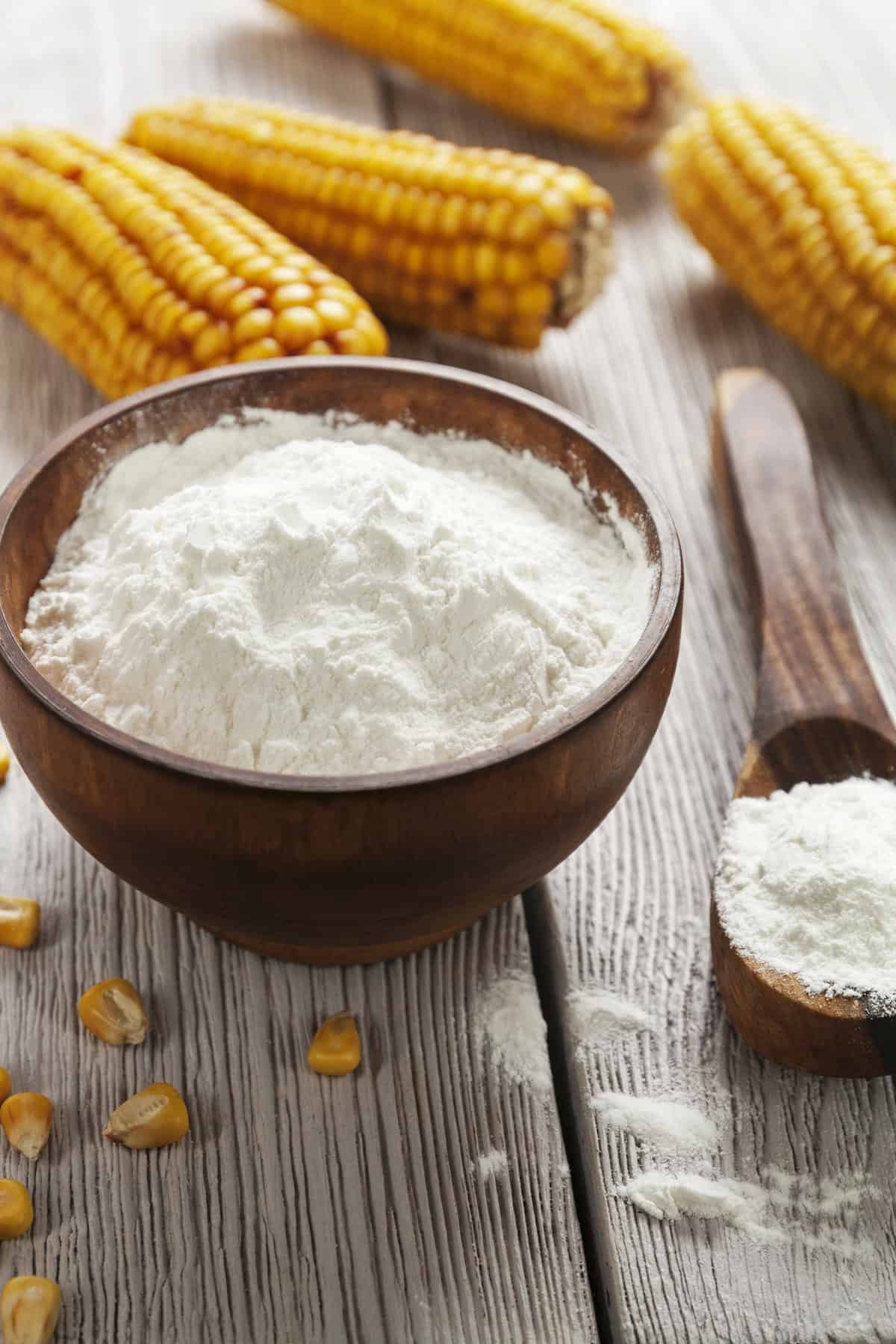
Corn Flour Substitutes for Cooking and Baking
Here are the major points to know about the best corn flour substitutes:
Table of Contents
Corn Flour vs Cornstarch: They are not the same thing. Cornstarch is powdery and used for thickening and, in gluten free baking, it’s a starch used in gluten free flour mixes. Corn flour functions as an actual flour and can be used to make breads and biscuits
.Best Substitutes for Baking: For a good corn flour substitute for baking, you can feel confident using any of the flours in the list below. The starches may work too, but use them to substitute the corn flour by half to start as starch has a different make-up than flour.
Best Substitutes for Breading: If you need a corn flour substitute for crispy breading, have a look at cornstarch and the gluten free flour mix.
Best Substitutes for Frying: For a corn flour substitute for frying food, any of the flours would work great. I’d recommend mixing the starches with a flour.
Best Substitutes for Thickening: Starches work great for thickening soup, sauces and fillings. A good substitute for corn flour for thickening is the gluten free flour mix, since it has a combination of starches and flours.
What is Cornflour?
Corn flour is a whole grain flour made from dried whole corn kernels (purchase or check it out here). Since this flour contains the entire whole corn kernel, it has a good amount of protein and fiber. This yellow flour has a finely ground texture and is typically used in gluten free baking to provide a light texture to breads like this gluten free cornbread. It can also function as a thickening agent in gravies, sauces, and soups. Cornflour is referred to by different names depending on the area of the country:
- What would be called cornflour in the US would be called cornmeal or polenta in the UK.
- What would be called cornmeal in the US would be called maize meal in the UK.
- What would be called cornstarch in the US would be called cornflour or maize starch in the UK.
Corn Flour vs Cornstarch
I bet you’re wondering, “Is corn flour the same as cornstarch?” That’s a very good question! The main difference between corn flour and corn starch is what part of the corn they are made from. While corn flour is made of whole corn kernels, cornstarch is made from just the starchy part of the corn. Cornstarch is a fine white powder with less nutrients than corn flour. Another difference is in the taste, as cornstarch is flavorless and corn flour tastes more like corn.
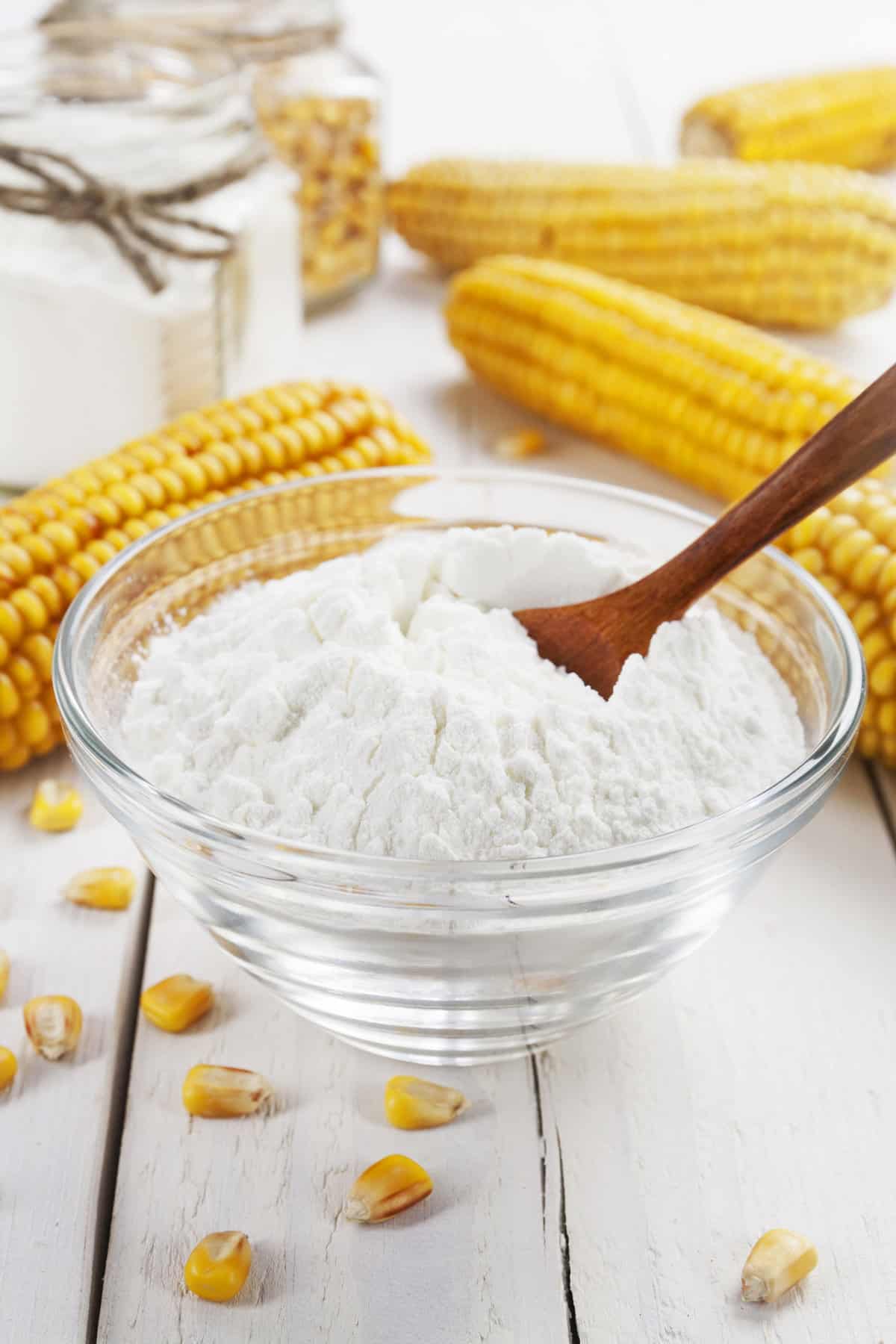
12 Best Cornflour Substitutes
Keep in mind that the best alternative to corn flour will vary from recipe to recipe. It really depends on what you’re making, because each of these substitute options is great for a different reason. With these 12 options, you’ll always be able to find at least one that will work for your recipe.
1. Cornstarch
Since they are similar, your first thought about corn flour might be: can cornstarch be substituted for corn flour? And as mentioned above, cornstarch is a white, fine powder that is often used as a thickener or coating, but it’s also great for gluten free baking when substituted in smaller amounts. It gives baked goods a crumbly texture and is good for crispy fried foods, too. Although it has different nutrients and flavor, it’s still a good replacement for corn flour. Reference this article for a good substitute for cornstarch.
Substitute cornstarch at a 1 to 1 ratio.
2. Gluten Free Flour Mix
This gluten free flour mix is another good replacement for corn flour. It’s a mixture of white rice flour, brown rice flour, tapioca flour, cornstarch, and potato flour that you can make yourself. Keep it in an airtight container and you can use it in many of my recipes (like these mouthwatering sticky buns) and also as a corn flour substitute!
Substitute gluten free flour mix at a 1 to 1 ratio.
3. White Rice Flour
White rice flour is a very fine powder made from medium/long grain white rice. It is great for thickening sauces and creating a light texture in baked goods. White rice flour is virtually flavorless, so just keep this in mind when considering it as a substitute. This is often an advantage though, since it will go with whatever other flavors you are using. Find out more about white rice flour here.
Substitute white rice flour at a 1 to 1 ratio.
4. Brown Rice Flour
Brown rice flour is very similar to white rice flour, except it’s made from whole grain brown rice. It works great as a crispy coating for foods and also in gluten free breads (like this brown bread). As I mention in this brown rice substitutes post, brown rice flour has a slightly nutty flavor and is not quite as fine as white rice flour. In this way, it’s probably more similar to corn flour.
Substitute brown rice flour at a 1 to 1 ratio.
5. Tapioca Starch
Tapioca starch, also known as tapioca powder, is a fine powder derived from the root of the cassava plant. It’s specifically made from the starchy pulp of the cassava root. Tapioca is among several in this list of good thickeners for soups and sauces, but is also commonly used in gluten free baking recipes. It has good binding properties, which are outlined more in this post about tapioca starch, but it creates structure and fluffiness in baked goods that don’t contain gluten.
Substitute tapioca starch at a 1 to 1 ratio.
6. Cornmeal
Cornmeal is a coarse flour made from ground dried corn. The main difference between cornmeal and corn flour is how finely they are ground. Cornmeal is more gritty, and corn flour is more fine in texture. If you’ve ever enjoyed a delicious piece of gluten free cornbread, then you’ve had the dish it’s most well known for! Although it’s a much different texture, there are certain recipes (think breads) that a cornmeal replacement can be used in place of corn flour. Plus, they have the same corn flavor. Find more information on a good cornmeal substitute here.
Substitute cornmeal at a 1 to 1 ratio.
7. Sorghum Flour
Sorghum flour is another great option. It’s made from sorghum, which is a cereal grain (like wheat or barley), only the sorghum grain is gluten free. Due to its neutral flavor and high protein content, it’s understandable why it’s popular for gluten free baking (like in this sorghum bread). Since it has a similar consistency and nutrients, sorghum flour can be great for replacing corn flour.
Substitute sorghum flour at a 1 to 1 ratio.
8. Almond Flour
Almond flour is one of the most popular gluten free flours. I’m willing to bet you’ve used it or at least heard of it! As outlined in this post on almond flour vs almond meal, it’s made by grinding shelled almonds until it reaches a fine powder. It’s a pretty light flour that’s great for these almond flour brownies, these almond flour blueberry muffins, and most famously, French macarons. Almond flour and corn flour have very similar textures, but almond flour has more of a nutty flavor. As long as that will pair well with what you’re making, it should be a good substitute (find more substitutes for almond flour here).
Substitute almond flour at a 1 to 1 ratio.
9. Arrowroot Flour
Arrowroot flour is a white starchy powder that’s made from the root of the arrowroot plant. It is sometimes also called arrowroot starch or arrowroot powder. It’s flavorless and, as I point out in this arrowroot powder substitutes post, acts as a binder, providing cakes and breads with the ideal fluffy texture. These qualities make it yet another gluten free flour option, plus a good replacement for corn flour.
Substitute arrowroot flour at a 1 to 1 ratio.
10. Cassava Flour
Like this comparison article on the two, cassava flour is similar to tapioca starch in that it’s made from the cassava plant. It’s derived from the whole cassava root. Since it contains iron, calcium, and potassium, cassava flour is pretty nutrient dense. Its mild flavor and light texture make it ideal for this cassava bread, these cassava flour cookies and even these cassava tortillas. Though a popular flour, find out more about cassava flour substitutes here.
Substitute cassava flour at a 1 to 1 ratio.
11. Oat Flour
Oat flour is mild flour that, while high in carbohydrates, it provides excellent structure to gluten free baked goods. Oat flour is made by grinding oats into a fine powder (flour). Typically after grinding, you use a strainer to remove all the leftover bits of oats after grinding. Use caution with oat flour as it is sometimes manufactured on equipment that is not celiac safe. Use a certified gluten-free oat flour.
Substitute oat flour at a 1 to 1 ratio.
12. Millet Flour
Millet flour is an excellent option for a cornflour substitute. Like oat flour, it is very mild and has a light nutty, sweet flavor. Millet comes from a naturally gluten free grain and boasts a high level of protein. The soft texture mimics the texture of cornflour making it a very good substitute. Millet flour rounds out this list of good corn flour substitutes.
Substitute millet flour at a 1 to 1 ratio.
Where to Buy These Substitutes
Unfortunately not every one of these substitutes for corn flour are available in grocery stores. Some are harder to find than others. For example, brown rice flour may be on your local store’s shelves while cassava flour may be no where in sight. But the good news is the majority of these substitutes can be purchased online. I recommend the Nuts.com brand as their quality and pricing have been consistently competitive.
